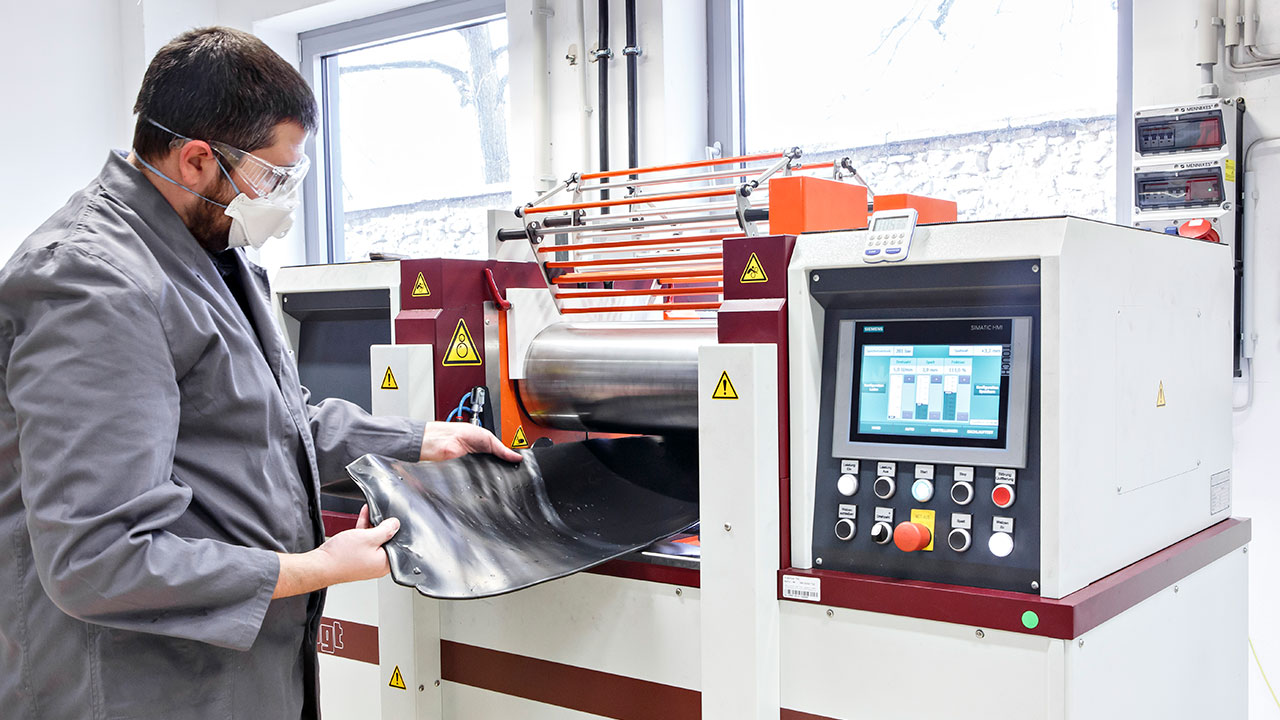Sustainable raw materials for elastomers
From base monomers to additives, the important plastics group is to become more bio- and residue-based.

Elastomers make up a large proportion of plastics. Although some of them are based on natural rubber, there is still potential for optimizing the raw materials in terms of sustainability. The Fraunhofer Institute for Structural Durability and System Reliability LBF now wants to exploit this potential by developing new formulations. In addition to biobased raw materials, residual materials are also to be used. Both replace materials that were previously produced from petroleum.
Novel bio-based additives
"One of our main areas of expertise is in manufacturing elastomers from bio raw materials," says Ali Golriz, who heads elastomer technology at Fraunhofer LBF. He says the team "specializes in sustainable formulation and smart process control along all steps of the value chain." The focus is just as much on rubbers as on fillers and crosslinkers. But novel bio-based additives for elastomers and thermoplastics are also being developed at the LBF in Darmstadt. An important consideration for the researchers is that the chemical properties and cost-effectiveness of the new elastomers are at least equivalent to those of their petroleum-based counterparts.
Replacing ingredients step by step
The usual procedure in the search for alternative formulations is to first analyze the components of today's formulations and then optimize sustainability for as many ingredients as possible. For example, a filler such as carbon black can be replaced with the ash from leftover rice husks from food production, or even carbon black from old tires, which can thus be put to further use at the end of their life cycle. Butter or vegetable oils can be used instead of traditional plasticizers.
Free online seminar
In addition to contributing to climate protection, Fraunhofer LBF also sees competitive advantages in sustainable elastomers. For example, they can be marketed more easily nowadays and offer protection against regulatory intervention that might ban formulations due to ecologically problematic ingredients. The Fraunhofer researchers want to present further examples and background information to all interested parties at a free online seminar on November 25, 2021. Registration is possible at www.lbf.fraunhofer.de/green-elastomer (will be held in German).
bl


